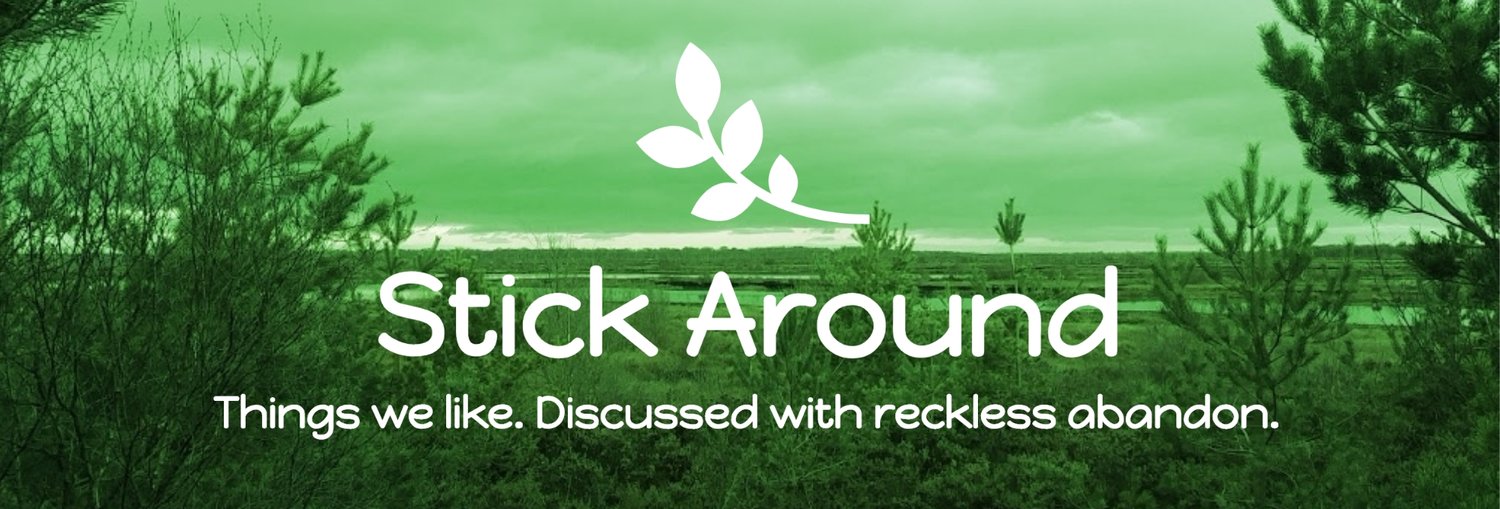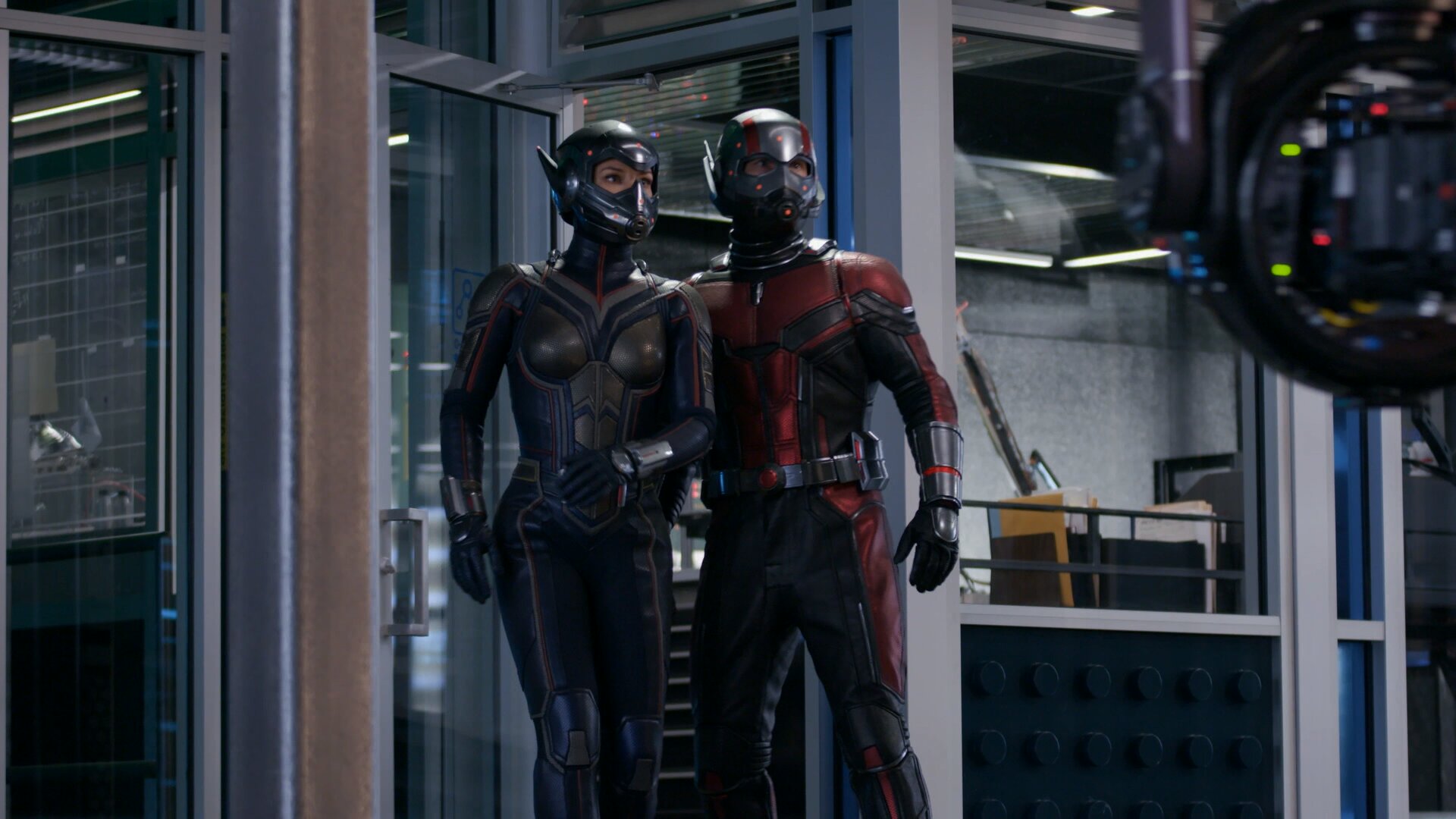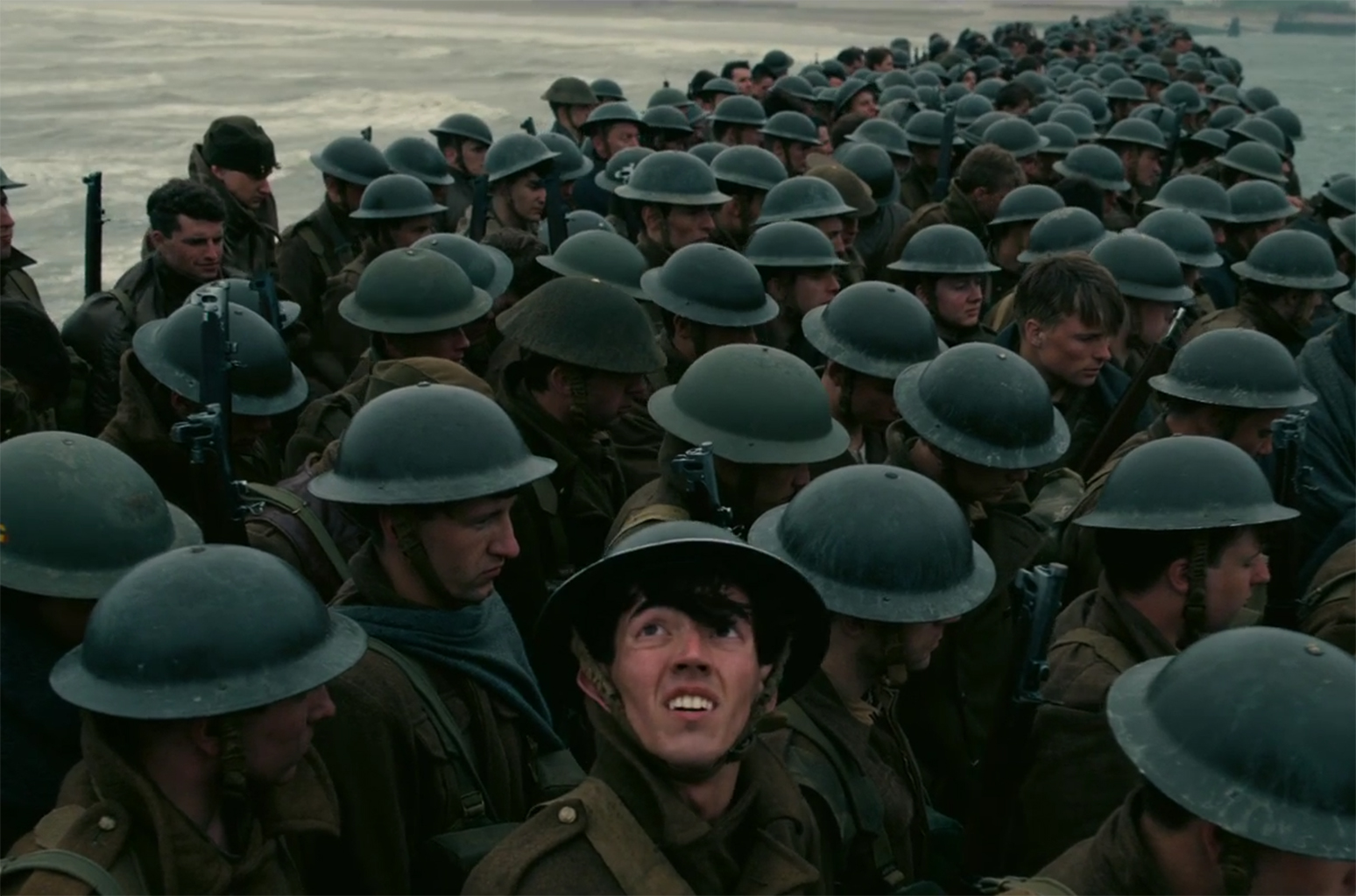Film Review: Ant-Man and the Wasp (2018)
For better or for worse I know pretty much what I'm going to get with a Marvel film nowadays. I went into Ant Man and the Wasp expecting a good sequel with Paul Rudd being charmingly funny and relaxed against some pretty big odds, Michael Peña being consistently hilarious like in the first movie, and all of this to be wrapped in a plot that was a bit predictable but still entertaining.
That's exactly what I got. I was in need of some escapism when I went to watch this and it provided that pretty much perfectly. Michael Peña continues to be probably my favourite Marvel side character and has an ability to somehow be funny constantly but without that getting annoying, a rare skill indeed. I like that they use him relatively sparingly and usually at the perfect time, so the writing and direction deserves some credit on that front. Evangeline Lilly's palpable chemistry (as Wasp) with Paul Rudd deserves a mention too.
My main complaint, if I'm going to critique this fairly straightforward superhero film, is that it probably tried to squeeze a few too many story-lines into its duration. Did we really need the Ghost story-line AND the gangster story-line along with the main thrust of getting back Hope's mother from the quantum realm? I don't think so. It felt like the film threw in a character too many for the sake of a future Marvel film to me.
I'd love this kind of budget to get thrown into something more ambitious and novel, but nonetheless I couldn't help but like the film for all the above, it was as I expected, but that was still a lot of fun.
























